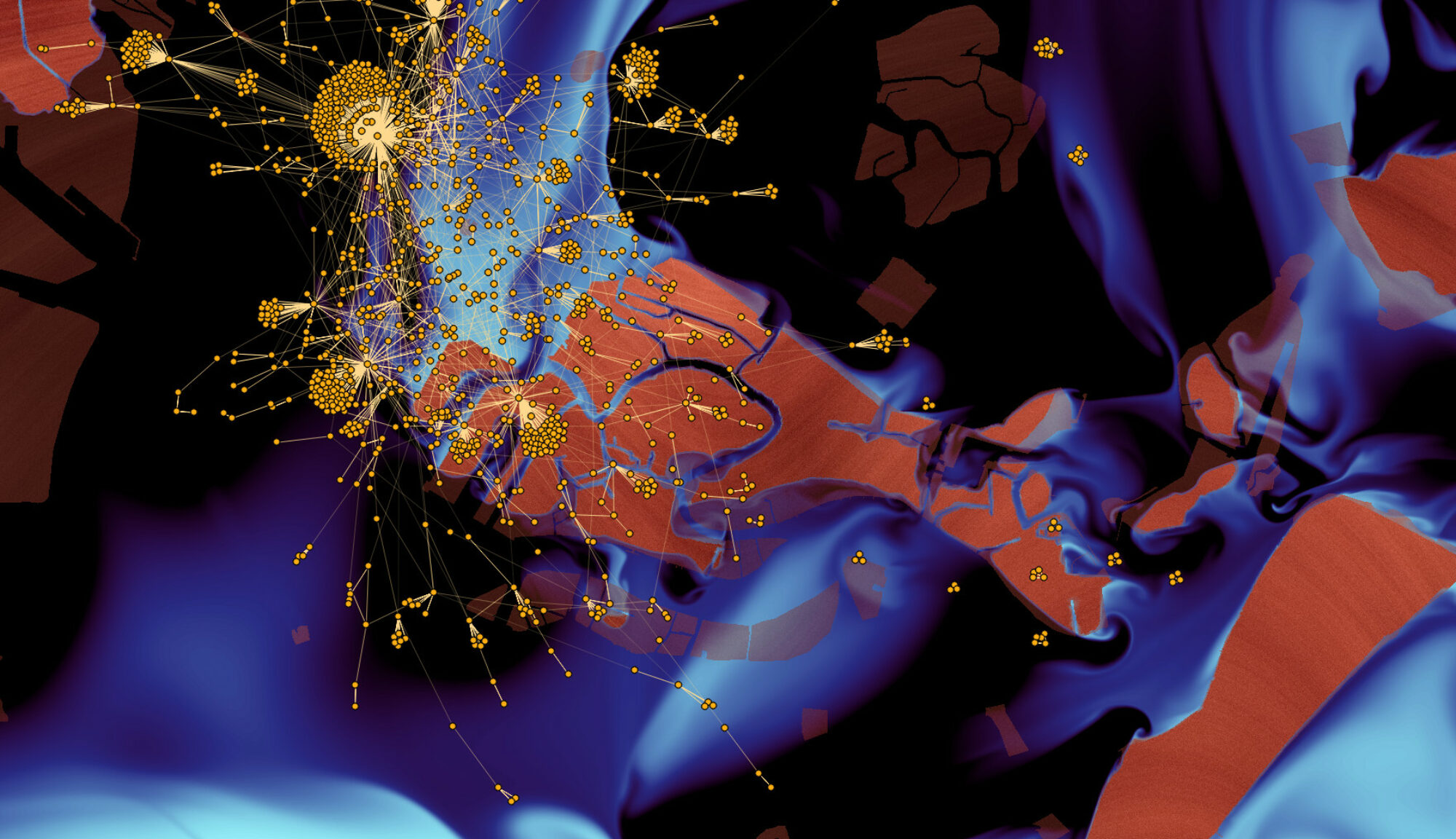Fabien Tarissan and Raphaëlle Nollez-Goldbach
In 28th International Conference on Legal Knowledge and Information Systems (JURIX’15), Braga, Portugal, 2015.
Many studies have proposed to apply artificial intelligence techniques to legal networks, whether it be for highlighting legal reasoning, resolving conflict or extracting information from legal databases. In this context, a new line of research has recently emerged which consists in considering legal decisions as elements of complex networks and conduct a structural analysis of the relations between the decisions. It has proved to be efficient for detecting important decisions in legal rulings. In this paper, we follow this approach and propose to extend structural analyses with temporal properties. We define in particular the notion of relative in-degree, temporal distance and average longevity and use those metrics to rank the legal decisions of the two first trials of the International Criminal Court. The results presented in this paper highlight non trivial temporal properties of those legal networks, such as the presence of decisions with an unexpected high longevity, and show the relevance of the proposed relative in-degree property to detect landmark decisions. We validate the outcomes by confronting the results to the one obtained with the standard in-degree property and provide juridical explanations of the decisions identified as important by our approach.
